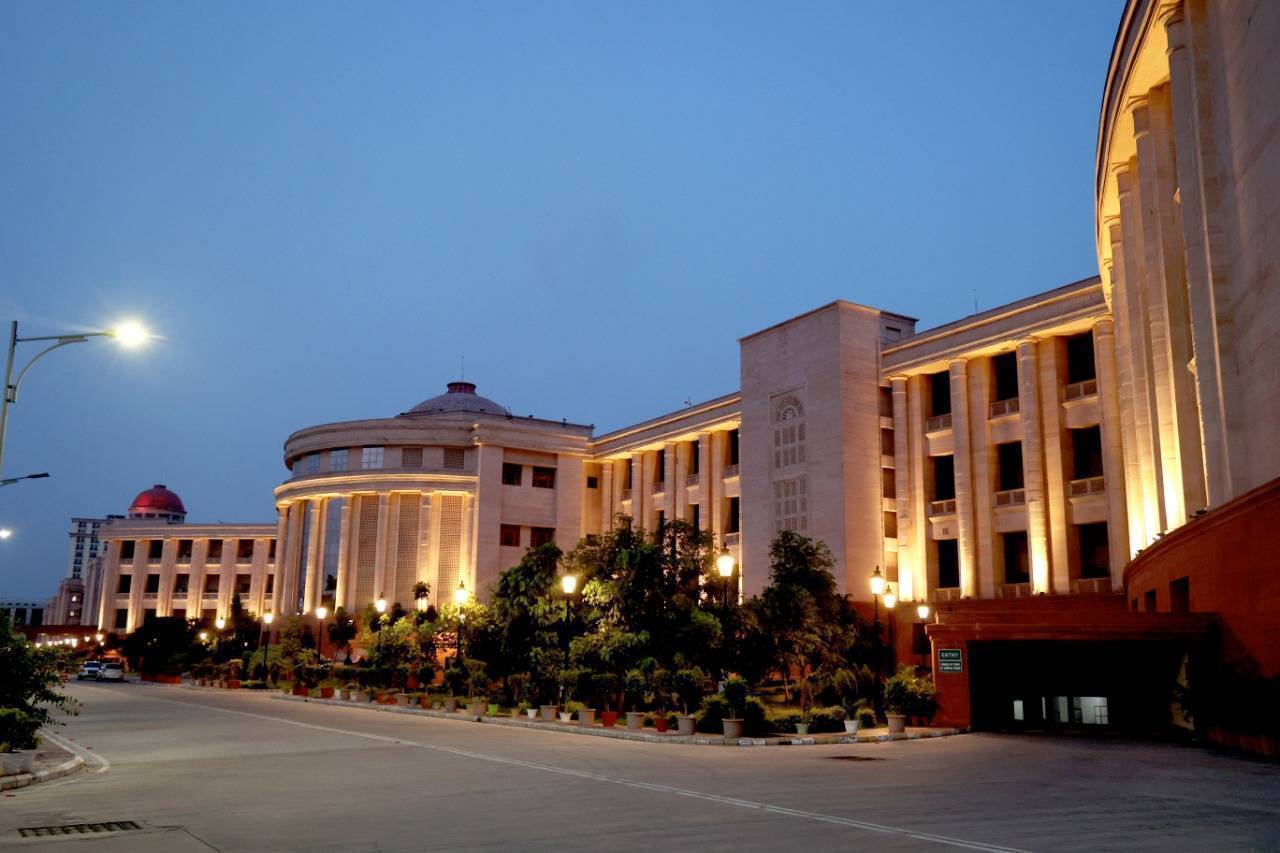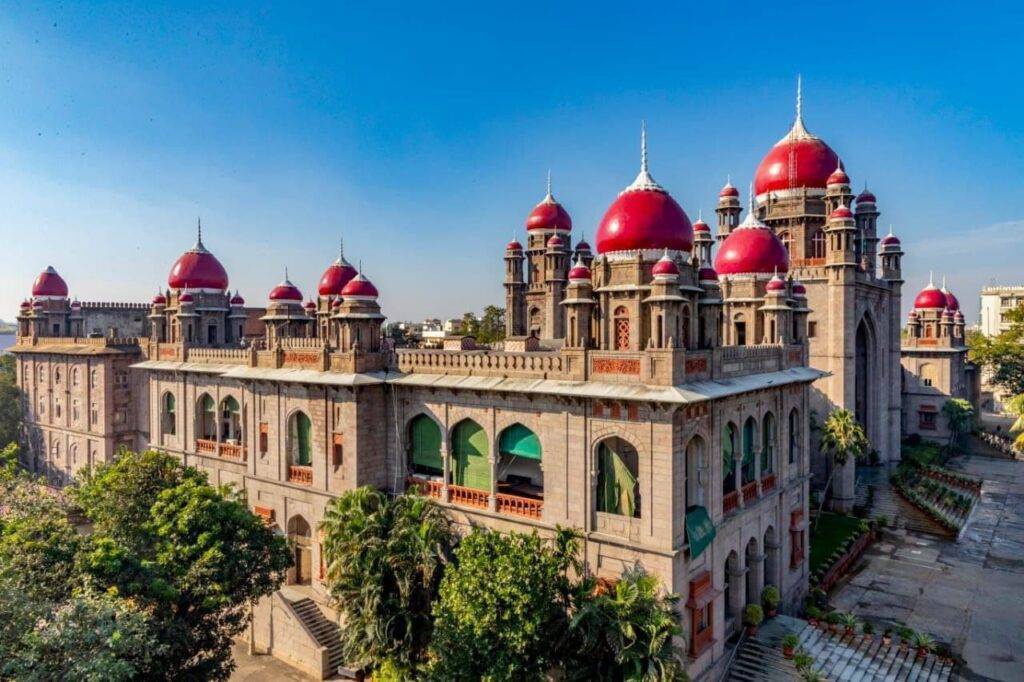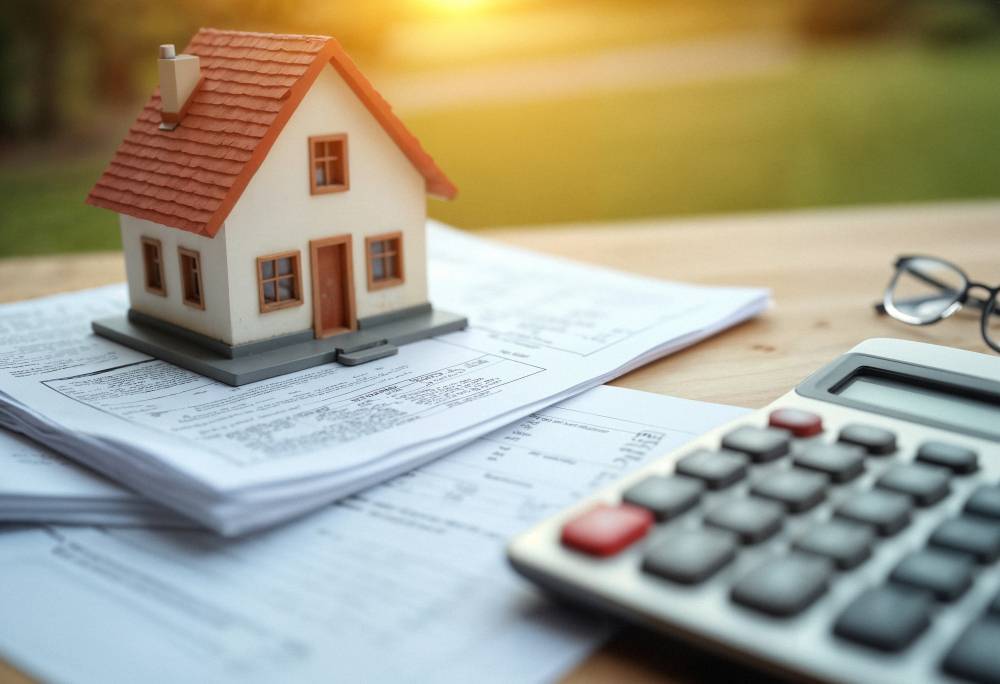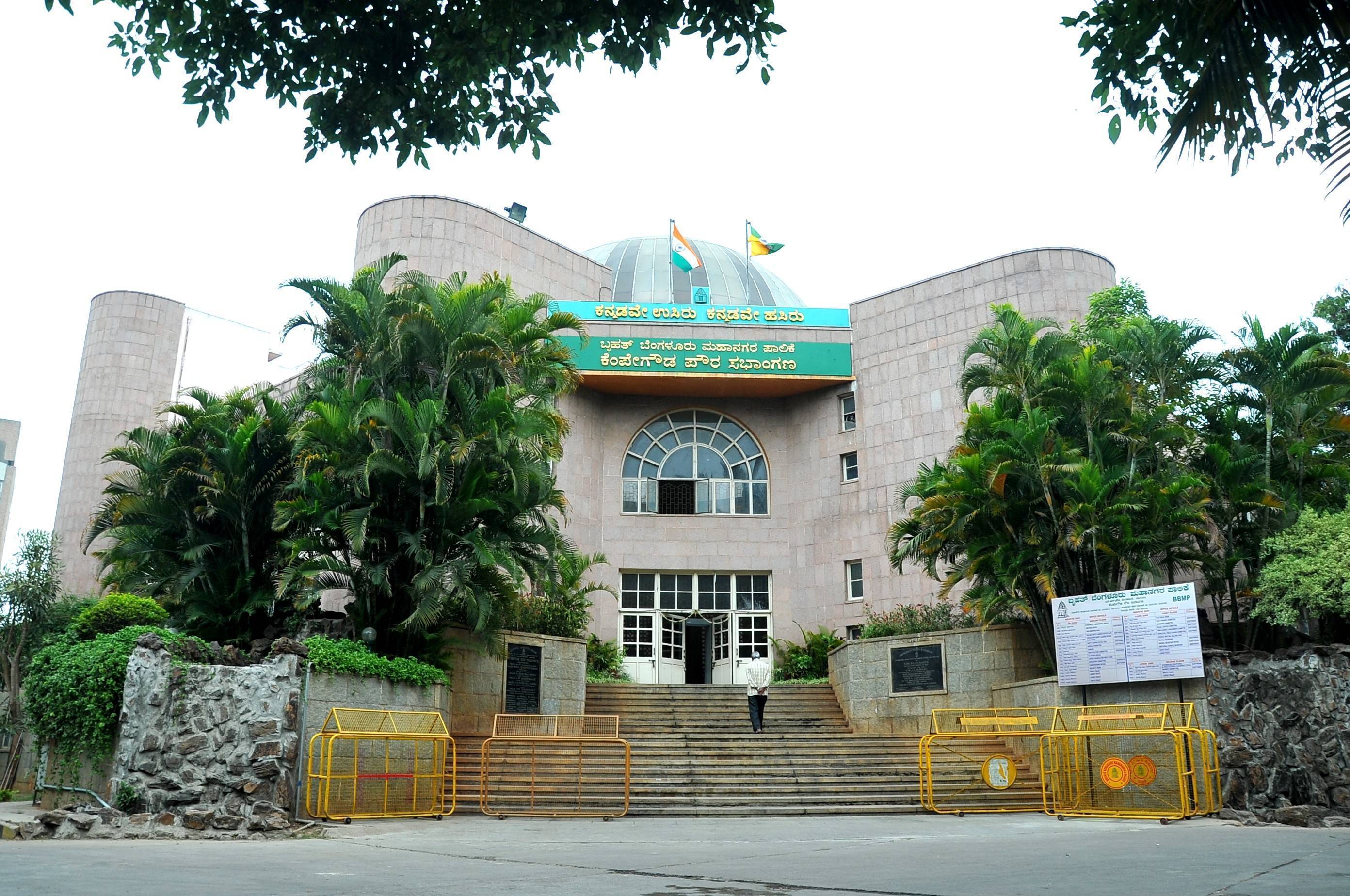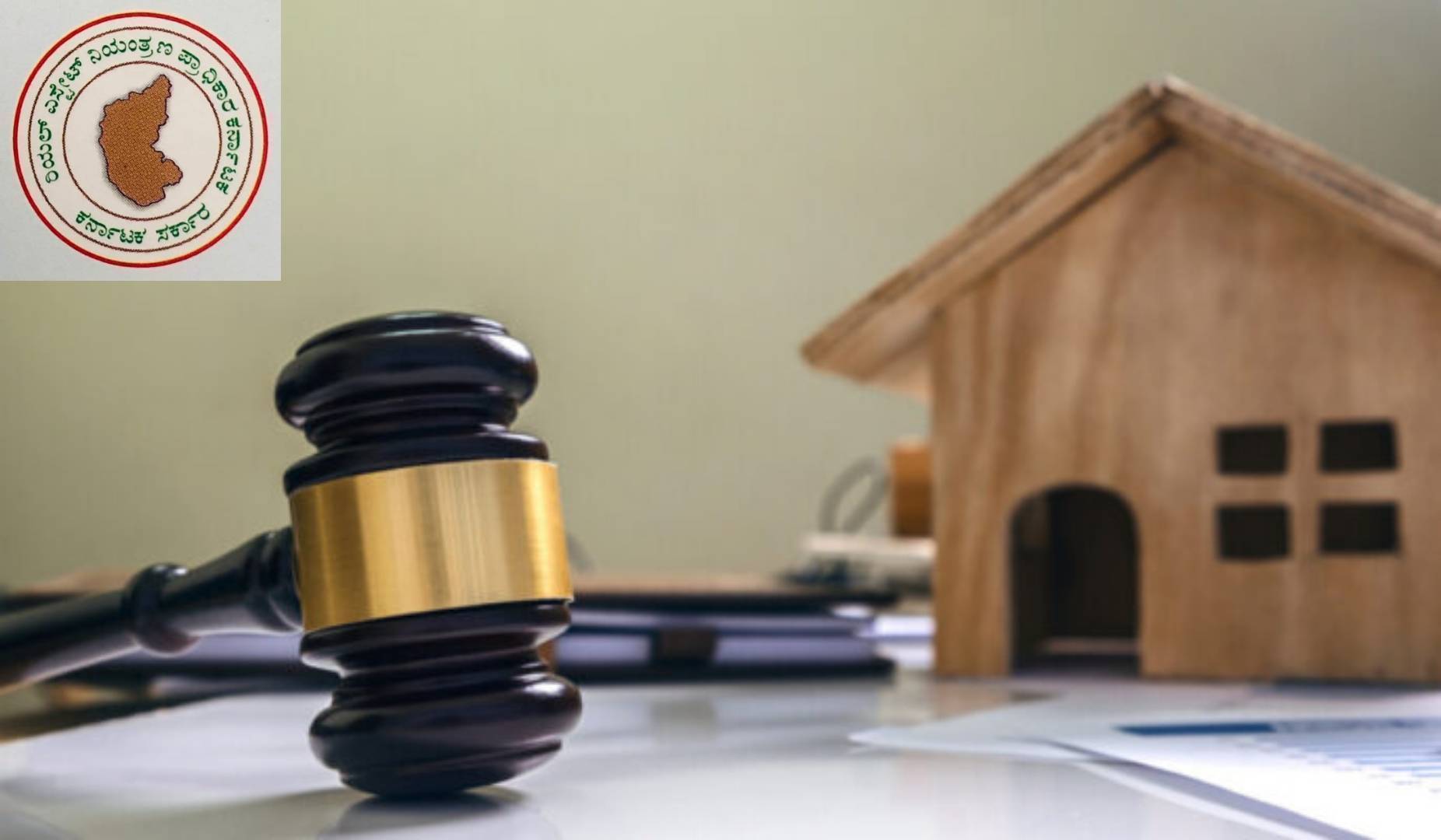In a significant ruling affecting joint development real estate projects, the Karnataka Real Estate Regulatory Authority (KRERA) has held that both developers and landowners share joint responsibility for statutory compliances, including providing essential civic services such as water and sewerage connections to homebuyers. This decision follows a complaint by 30 homebuyers in Bengaluru who faced ongoing issues with service connections despite paying charges to the builder.
The order clarifies that in joint development partnerships, the responsibility for securing basic infrastructure and approvals cannot be shifted solely onto developers. Landowners, who partner in these projects, are equally accountable for fulfilling obligations that directly affect the residents’ access to fundamental amenities.
KRERA’s directive emphasizes that the developer, landowner, and the residents’ association must work together with the Bangalore Water Supply and Sewerage Board (BWSSB) authorities to ensure that the project obtains final water and sewerage connections. Additionally, the ruling mandates that both the developer and the landowner hand over all original project documents—such as title deeds, Joint Development Agreements, approved plans, Occupancy Certificates, and other statutory approvals—to the duly registered Residents' Welfare Association (RWA).
This decision was prompted by a complaint from buyers of the Adi’s North Lake residential project in Yelahanka, Bengaluru. Homeowners allege that years after possession, they continue to face difficulties due to the project’s failure to secure essential approvals and properly hand over governance to the residents’ association.
Residents reported that despite full payments, the builder did not obtain the required BWSSB water and sewerage connections. They highlighted that the absence of BWSSB certification has exposed them to risks of service disruptions and blocked their ability to apply for Cauvery water supply under Phase 5 of the city’s water distribution scheme. The developer attributed delays to financial disputes with the landowner, which allegedly delayed clearance of statutory dues.
KRERA’s order noted that BWSSB had issued a demand notice for ₹91.36 lakh in June 2021. The payment challan expired due to non-payment. The developer admitted to having paid ₹30 lakh and committed to depositing an additional ₹23 lakh within 15 days of the order. However, the landowner reportedly failed to pay his share of ₹38.37 lakh, which has stalled the process.
The developer explained that due to COVID-19 disruptions and the landowner’s lack of cooperation, the payment deadline lapsed. Recently, the developer engaged with BWSSB officials, and a new survey has been conducted with a fresh challan expected shortly.
KRERA reiterated that under the Joint Development Agreement signed in 2013, the developer is entitled to 58% of the built-up area while the landowner holds 42%. Clause 28 of the agreement assigns proportional liability for statutory charges to both parties.
The authority highlighted that under RERA, it is an established principle that both the developer and the landowner share joint responsibility for statutory compliances related to service connections for residents. It noted that any failure by the landowner to comply cannot result in depriving homebuyers of essential services, and equitable measures must be taken to protect the statutory rights of the residents.
Homeowners also raised issues regarding the developer’s delay in handing over project legal documents, operational records, and management of common areas to the residents’ welfare association, as mandated by Section 11(4)(e) of the RERA Act. KRERA acknowledged this shortcoming and directed that all necessary documents and governance responsibilities be formally transferred to the duly registered residents’ association.
This ruling establishes a precedent for joint development projects in Bengaluru and throughout Karnataka, making it clear that both developers and landowners share responsibility for ensuring that homebuyers receive essential civic amenities promptly. It also reflects the regulatory focus on safeguarding residents’ rights and interests through strict statutory enforcement.
Image source- rera.karnataka.gov.in




